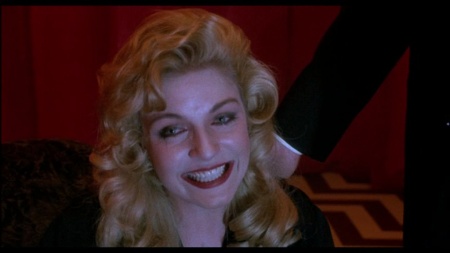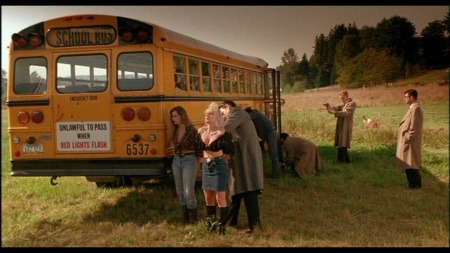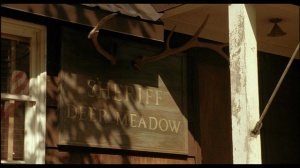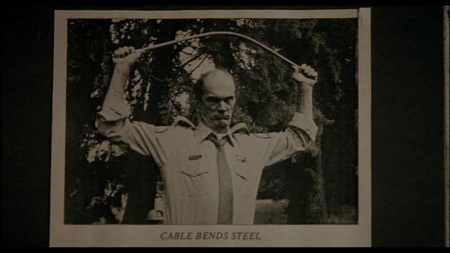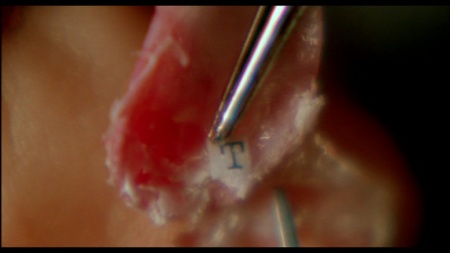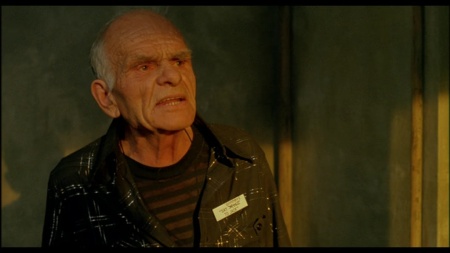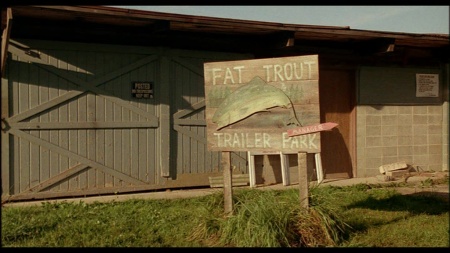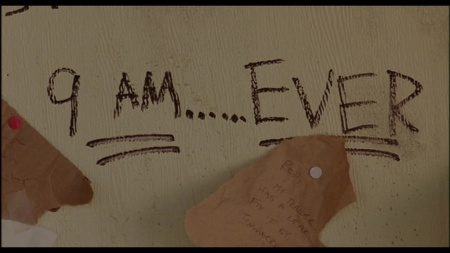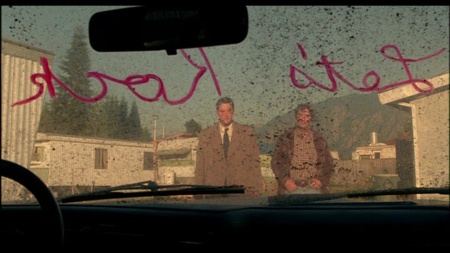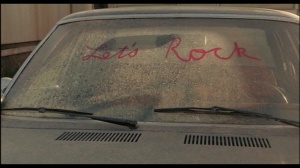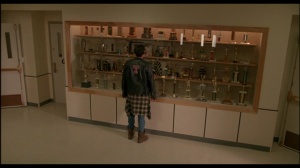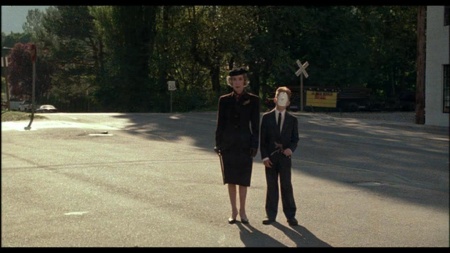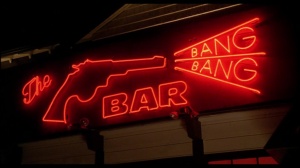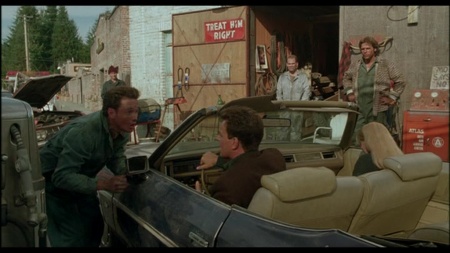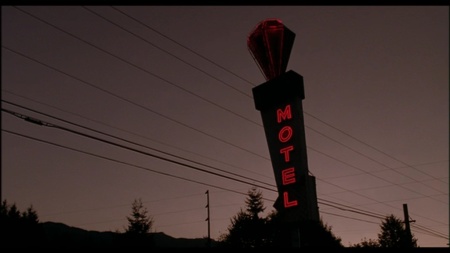
YES, now that you mention it, we ARE still enjoying the new series of Twin Peaks, thank you very much!
One intriguing thing about David Lynch & Mark Frost’s version of the world here is that apparently no one ever retires. Lynch himself, in his early seventies, is on active duty for the FBI. Ernie Hudson is a colonel in the Pentagon, aged 72. Robert Forster, new sheriff in town, is in his late seventies, and he’s assisted by Michael Horse, who’s in his late sixties. And the great Don Murray, in his late eighties, is running an insurance company. “The sheriff is, like, 90,” sneers bad boy Richard Horne, inaccurately.
Richard Beymer, 79, runs a hotel, while his screen brother, David Patrick Kelly, is in the marijuana business at 66. I don’t believe retirement has ever been formalised in that particular trade, though it has often been assumed to be a young man’s game.

And maybe it should be?
At 83, Russ Tamblyn’s Dr. Jacoby doesn’t seem to be practicing psychiatry anymore, but he’s, uh, sort of in business for himself.
Harry Dean Stanton is running a trailer park at, like, 90.
My supposition is that when we finally meet Everett McGill as Big Ed, he’ll still be working in a gas station at 72, and Warren Frost, as Doc Hayward the town GP, he’ll still be practicing medicine*.

Back in season 2, there were some impressive geriatrics also — Mr. Mibbler, the world’s oldest bank teller (Ed Wright, who was 85) — and the world’s oldest waiter, Hank Worden, who was 90. But the way these characters (associated with Lynch-directed episodes) were treated was a little different. Both were subject to jokes about their doddering, their dithering, their slow pace. One could find it a little cruel, and class it in the same camp as Lynch’s casting of little people and disabled people. But one could also ask, who else is casting the very elderly and the oddly-shaped? Lynch is a surreal filmmaker, but he also deals with realities otherwise somewhat neglected. Doesn’t mean he gets a free pass or anything.
When asked if the slow-scrolling highway lines in THE STRAIGHT STORY were a joke on his usual low-angle road shots, Lynch replied, straight-faced, “No. That’s what it looks like when you move at that speed.” And so Mibbler and the waiter gradual and uncertain movements were recorded with the same accuracy. It could be that it’s THE STRAIGHT STORY that shifted the attitude to the elderly, but it’s more likely to be Lynch’s own advancing years.
Anyhow, there are no jokes about Gordon Cole “getting too old for this” or Sheriff Truman taking a long time to cross a room. The only time you’d guess Don Murray’s age is when we first see him stand up, and it takes a bit more effort than it did back in BUS STOP or A HATFUL OF RAIN. Lynch’s vision of aging is now a happily, or angrily, defiant one. Do not go gentle. Lynch & Frost’s weary, rumpled, kindly authority figures will keep on trying to protect us from immortal evil forces.
*Yes, I’ve now watched episode 7. The doc seems to be spending a lot of time fishing, but he also refers to having diagnosed a patient via Skype just the other day. So in the world of Twin Peaks you can be a doctor at 91, though perhaps on a somewhat informal basis.
